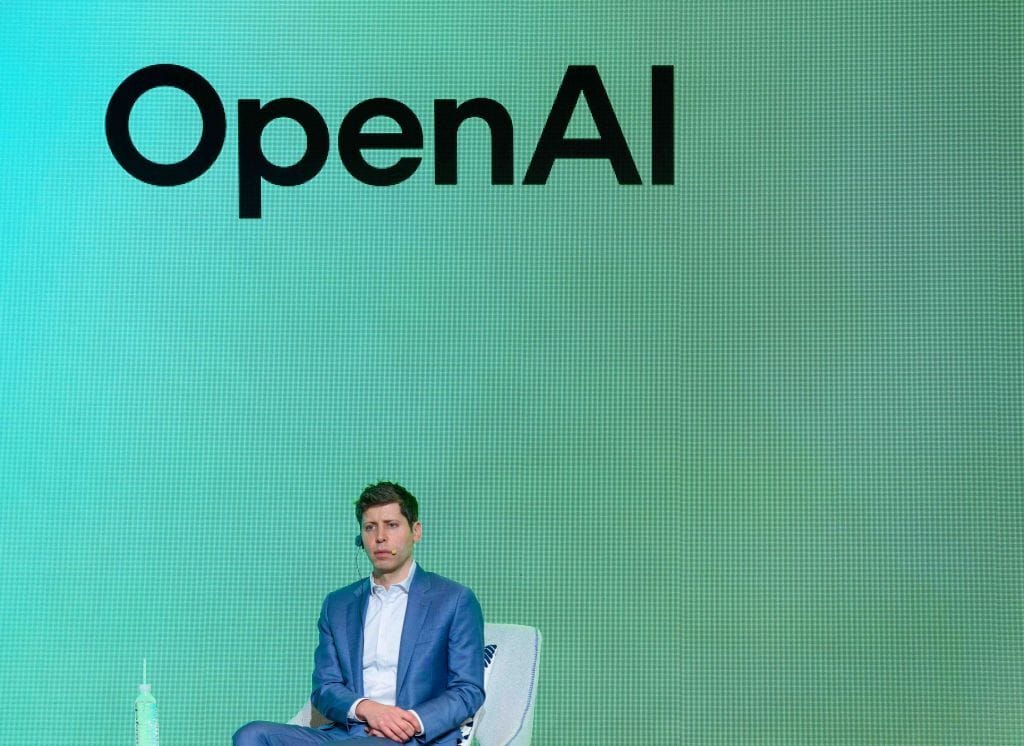
Okay y’all, buckle up — because after months of rumors, lawsuits, and Elon-level drama, OpenAI officially completed its recapitalization.
Meaning: OpenAI is now a for-profit company... sitting inside a non-profit foundation.
Yeah, it’s as weird and futuristic as it sounds.
Here’s the gist:
The newly created OpenAI Foundation will legally control OpenAI Group, a for-profit public-benefit corporation that can now raise money, buy companies, and do big-tech things without all the legal handcuffs.
The foundation still calls the shots — it owns about 26% and appoints the board — but the for-profit side gets to go chase those billion-dollar deals. And get this: There’s a warrant for additional shares to be granted if the company continues to grow.
Microsoft, unsurprisingly, is sitting front row with roughly 27% stake worth around $135 billion, plus, they extended their exclusive rights to OpenAI’s tech through 2032.
Meanwhile, SoftBank’s $30 billion megainvestment — which was basically waiting on this moment — is now officially locked in. If you ask me, that's like strapping a jet engine to an already-fast rocket.
But this whole move didn’t come easy.
Elon Musk, who co-founded OpenAI before things got messy, tried to block the restructuring — even reportedly offered $97.4 billion to buy the company outright.
Regulators in California and Delaware also poked around, eventually green-lighting the deal with some guardrails: OpenAI has to keep mitigating risks to teens and the public as it keeps chasing AI and AGI.
So what does this actually mean for AI’s future?
In one word: acceleration.
With new funding freedom, OpenAI can build faster, experiment bolder, and compete harder with Anthropic, Google DeepMind, and whoever’s cooking next.
But it also raises that classic question: can a company chase profits while promising to serve humanity?
Chairman Bret Taylor insists they can — saying the new setup gives OpenAI “an updated structure to ensure progress serves everyone.”
Well, we’ll see. Because if OpenAI really does hit AGI, this structure means an independent panel will have to verify it — and the world’s most powerful tech might, for once, have to answer to someone other than shareholders.
So yeah — if nothing else, this means the stakes — ethical, social, existential — just got higher than ever.
To cap it all off, Sam Altman announced an open livestream with chief scientist Jakub Pachocki to take questions from the public — a move that screams transparency in this new era.
Which, if you ask me, is either a great sign... or a brilliant PR move.
Either way, OpenAI just rewired its own DNA — from a non-profit lab into a global tech empire with a conscience (we hope).
It’s faster, richer, and maybe just a little more complicated.
The next chapter of AI’s story starts right now — and trust me, you’ll want to be here for it.
